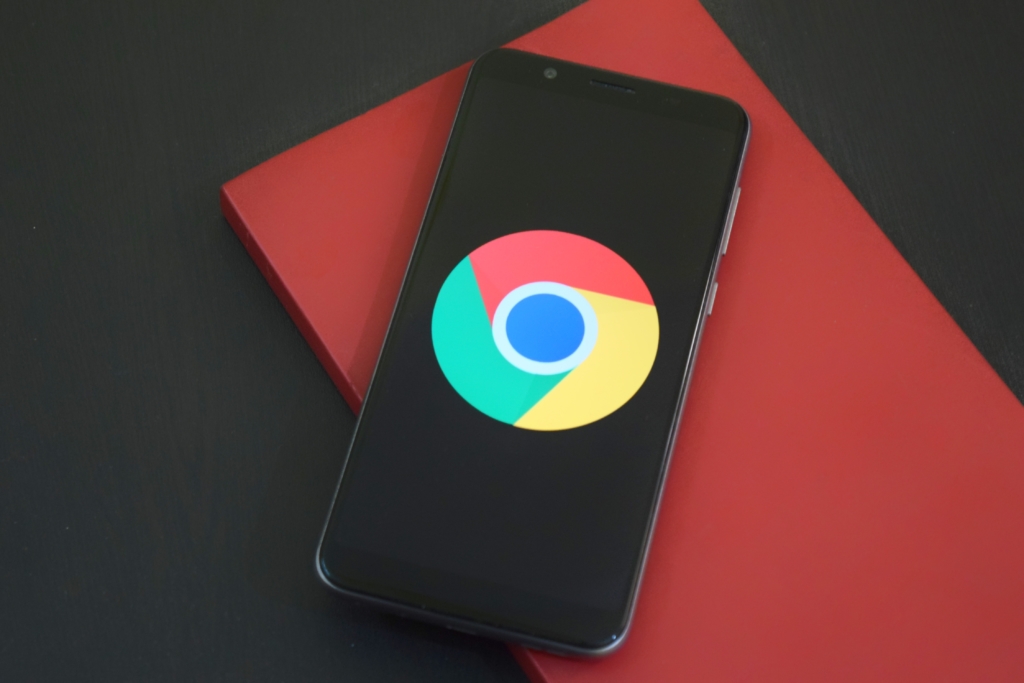By now, it is pretty well established: You need to have a presense in the mobile world. But this brings about the question of “how”. What shape will that presense take? A question, that can branch into many others, but the first one that follows is “mobile app vs mobile web site”. While latter can get you two birds with one stone, the former has distinct advantages that can still overmatch this. Let’s look at the benefits and shortcomings of each way you can go…
First off, what is the difference between a mobile app and a mobile web site?
Long in short, and with as little technicality as possible, an app is built for the device it runs on, and can either be like a brochure, or a tool. Mobile web pages on the other hand, are meant to display on a web browser. They tend to be like a brochure and usually not a tool.
That is due to the underlying technology in each. Apps are built to run directly on the operating system they are made for. Thus, they have direct access to all OS functions and the device hardware. Examples of such device hardware would be motion sensors, GPS location, camera, etc. The user interface and experience will also be better tailored for the way operating system works.
A mobile web site usually won’t have any of those going for it. Moreover, having to run inside a browser app, using web software, they may have user experience and performance issues. They are however, able to run on anything with a browser: iPhones, iPads, Android phones and tables, laptop or desktop computers with any operating system etc. This makes developing them more cost efficient if they can do what you need. Although with web standards across the devices and browsers being all over the place, it may not always make it less complex.
Mobile website: an always ready, cost effective deliverer of information, and not much else
Mobile websites are excellent for conveying information, a message, or a call to action. This action can be many things like getting visitors to check out a product, take part in a survey, or to download your mobile app. Due to their platform agnostic nature, you can be sure that the message will reach everybody.

Moreover, since they are essentially web pages, they will be crawled by search engine bots. This opens up a a great way for you to become discovered by many users. If you can leverage the power of SEO (search engine optimization) correctly, your mobile web site will keep bringing new people your way. This way it can be bridge to your app or your e commerce store etc.
Another thing that makes them attractive is that since they work for every platform, you will not need to think about costs of developing for many different platforms. Aside from cost, this obviously makes them much more accessible to wider audiences. Even older and obsolete platforms are usually able to show a mobile web page just fine after all.
We have counted quite a few, and quite decent advantages have we not? Well that’s about it for them though. Web pages have a lot less in the way of notifications, device funtionalities, and monetization opportunities. Apps are faster, nicer looking, more stable, you name it… Thus, the utilization of mobile web pages are usually limited to promotion, or providing information, while hopefully getting their visitors into your app.
Mobile app: the new web and more
Looking now at the other side of “mobile app vs mobile web site”, apps can (but not necessarily always) be more demanding to create, but offer more power and features.
By now, it goes without saying that the apps are pretty much the new media for all. From young to old, and rich to not-so-rich, everybody use many apps every day. They are accessible, easy to use, and thanks to push notifications, they can always remind themselves to their users, keeping them up to date with what’s new!

Apps are the leading media right now in many ways as shown in many surveys. Advertising, social media, e-commerce, communities, and many other subjects are finding more success in apps than traditional web nowadays.
Location services available for mobile apps also allow for powerful geofencing features, where you can offer specific content, or target for ads based on users’ location.
Back in the early days of mobile apps, you had to create native apps for all different mobile operating systems you want to have an app on. You did that through coding in different programming languages, using diferent development environments. Nowadays, thanks to app maker platforms like MobiRoller, you can create apps quite easily. With a user friendly visual interface, but without writing a single line of code. This way, you can create it once, and still get output as native apps for both iOS and Android.
Does it have to be “mobile app vs mobile web site”, why not both?
Frankly, while an app is overall the more powerful option, it doesn’t always need to be mobile app vs mobile web site. It can also be “mobile app and mobile web site”. As you may have seen already from what I’ve written so far, they can actually complement each other.
Therefore, if you can afford both, there may be benefit in actually having them both. However, if that is not an optiongetting an app is by far the better way to go. At least so unless you only need to provide mostly static content.
Get your app now!
Now that we have answered who comes up top in mobile app vs mobile web site, where do you start for getting an app? Well here you already are at one of the more attactive options for it!
MobiRoller makes getting a mobile app as straightforward and easy as getting a website. We have lots of templates, modules, and features for creating your apps very quickly, without having to write any code. Our platform’s specialities include community apps, apps for content creators, e-commerce apps, and many more.
Start now, create your free account, and already begin creating your apps!




